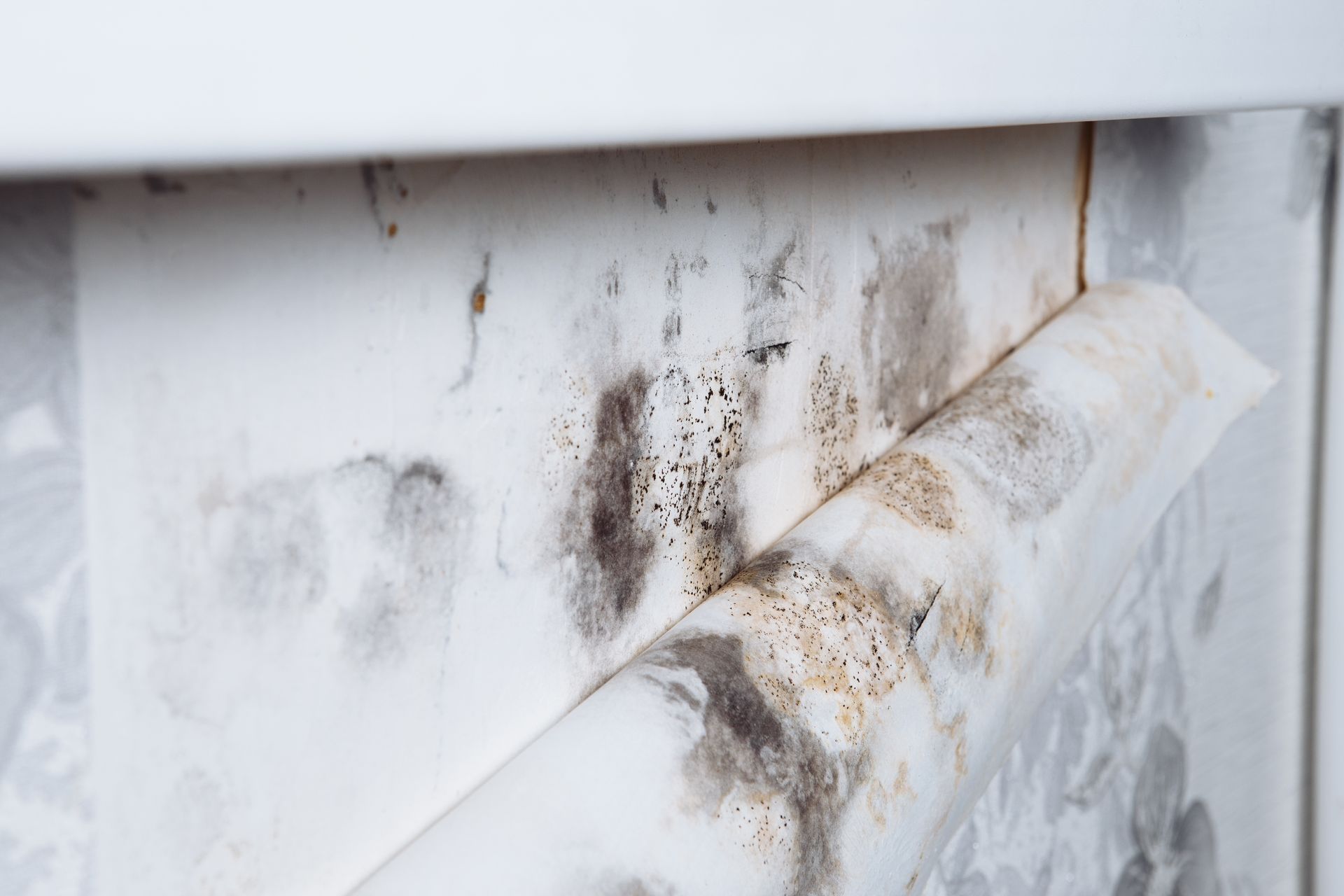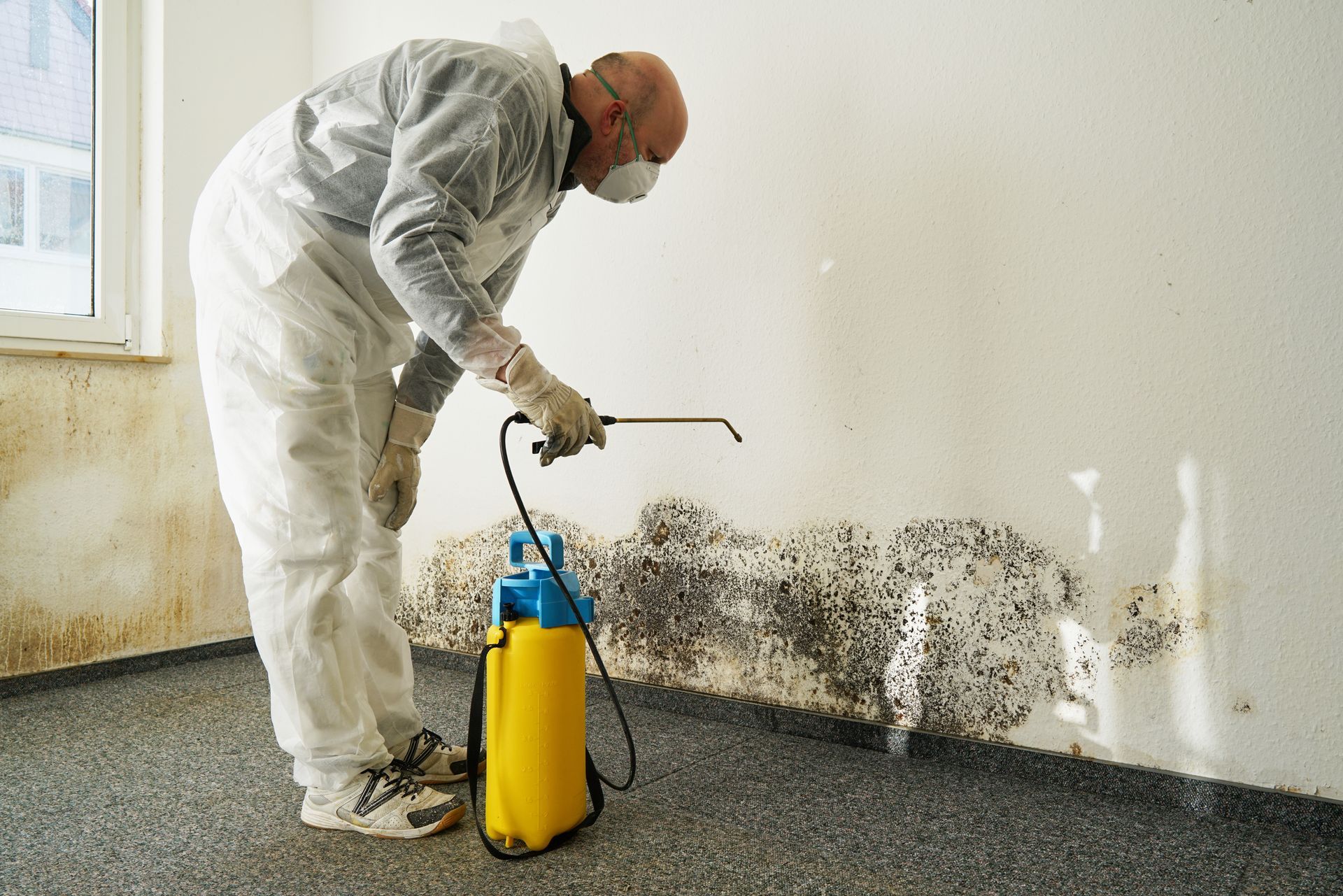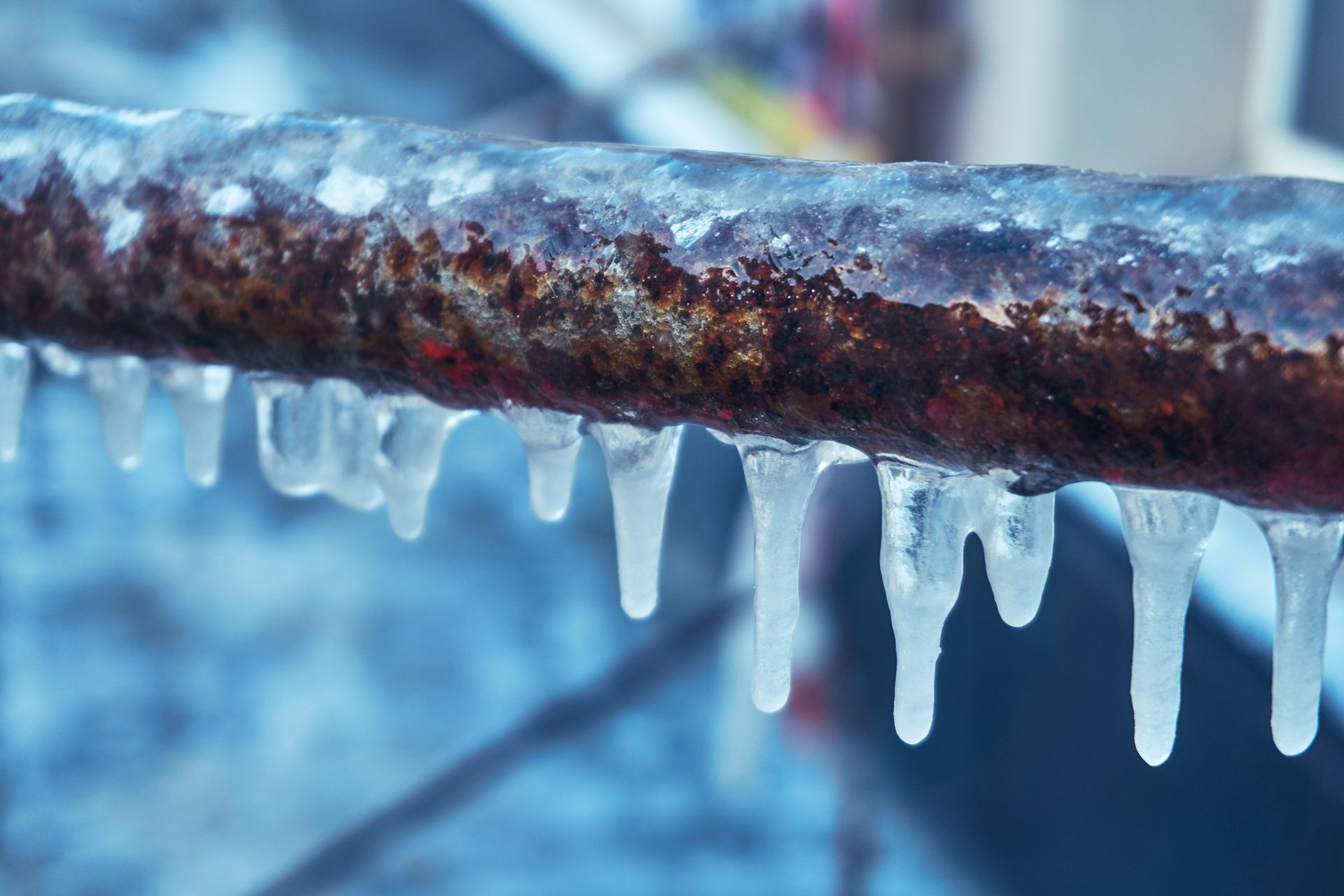The Necessity of ICRA Protocols in Healthcare Facilities
When it comes to working in the healthcare sector, most of us have heard of HBI, or Hospital-borne Infection. This is a serious issue for both those infected, as well as the healthcare professional tasked with treating these secondary infections acquired. These HBIs can be either bacterial or viral. Most often, these additional infections extend an individual’s hospital stay and can be potentially life-threatening.
Therefore, there is an effort within our healthcare systems to reduce the risk of such secondary infections acquired while recovering in a hospital. This special process is referred to as Infection Control Risk Assessment, which is better known as ICRA for short.
Defining ICRA
ICRA is a multidisciplinary, organizational, and documented process, which used to determine the ICRA permit guidelines. With these guidelines in mind, our team determines where the work is going to be done and what type of work that will be done in the area or space, such as the OR, NICU, etc.
Then, you need to evaluate the work needing to be done, whether it is a mold, sewage or abatement project. Once both the area of the facility and the scope of work have been discussed, a permit is graded and given two different grades:
- A letter grade, A-D: The letter is the type of work being done, the duration and the amount of dust, debris, noise involved. For instance, “A” would be an office removing a ceiling tile for an inspection, which is very non-invasive. On the other hand, “D” would be a large restoration or mold job requiring multiple crews. This project would take days or weeks and generate large amounts of debris and noise.
- A number grade, 1-4: The number indicates the area of the hospital and what type of procedure or surgeries are performed there. For example, 1 would be an office area and 4 would be a NICU or post-operation recovery.
The reason I laid this out, is so that we can understand the vital roll pre-ICRA protocols play prior to actually starting the project. There are many departments involved in this process. These include, but are not limited to the safety department, facilities management, department managers, contractors and of course, the hospital or facility’s infection control team.
Oftentimes, we do not consider the need for this process, because it doesn’t pertain to us. However, we do take this under consideration if there is an outbreak at a healthcare facility we are currently being treated in or will be soon be going to for a procedure, appointment or admittance. Most of the time, infection outbreaks are kept quiet and handled internally with little, if any, public awareness.
Little Light Bulb Moment
Personally, I have had my own experience with how important ICRA implantation and compliance really is. One time, my father was gravely ill and I had to take him to the ER. Upon our arrival, the healthcare professionals found that he had some very serious conditions and needed further tests and treatments. Unfortunately, I had to leave him there for this to be done.
Around 3:00 AM, I got a call from him and I immediately expected the worst. He asked me, “Son, are you working in the nuclear medicine department?” I said to him in reply, “Yes, why are you calling me, what’s wrong?” He then said, “your team built an awesome containment here!” This particular phone call was a huge light bulb moment for me!
My Dad knew what I did for a living and knew how containments were supposed to work and function. Honestly, it was at that moment when it confirmed to me how important my work was to the health and safety of patients and staff. Proper ICRA compliance was not only beneficial to my father, but to everyone else who had a loved one in the hospital.
Our Team Works Hard for You
Here at Guarantee Restoration Services, our healthcare team works in a way that ensures the safety of hospital patients and personnel. Our team is always providing the very best ICRA-implementation throughout the entirety of each restoration project. In the end, this yields successful results and positive feedback from all our healthcare partners.
Since 1974, GRS has been the leading property damage restoration company along the Gulf Coast. We are there for you 24/7, which is not just a number, it's a GUARANTEE. For emergencies, contact us at 800-349-HELP (4357).
Craig Schreiner serves as our Healthcare Division Manager. He has been with Guarantee Restoration Services since 2019. To connect with him, send him an email.






